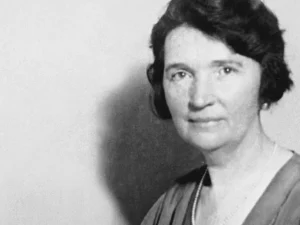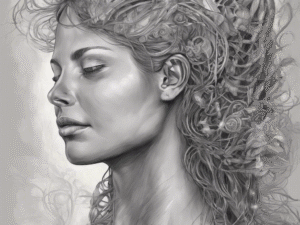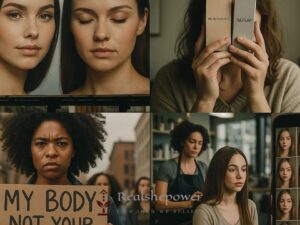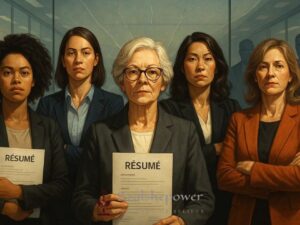In today’s digital age, media plays a significant role in shaping our thoughts, beliefs, and perceptions. From television commercials to social media posts, we are constantly bombarded with images and messages that influence our perception of beauty and body image. This has led to an ongoing debate about the impact of media and advertising on women’s body image. In this blog post, we will delve into this topic and analyze the psychological effects of media portrayals on women’s self-esteem and body image.
Table of Contents
The Role of Media and Advertising
Media and advertising have a powerful influence on society, especially when it comes to defining beauty standards. Through carefully crafted images, they often promote a narrow and unrealistic ideal of beauty, which can be detrimental to women’s self-image. From flawless skin to slim bodies, these images create an unattainable standard that many women strive to achieve.
Television shows, movies, and magazines often feature models and actresses who possess certain physical attributes that are considered desirable. These portrayals can lead women to compare themselves to these idealized images, resulting in feelings of inadequacy and a negative body image. Moreover, the constant exposure to these images can lead to a distorted perception of one’s own body, as women may start to believe that their bodies are not good enough.
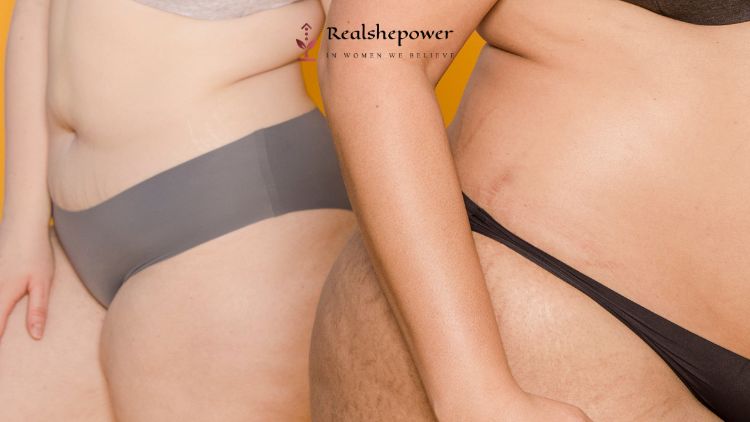
10 Simple Ways to Improve Your Body Image
Discover practical, heartfelt tips to build body confidence—journal gratitude, curate your feed, and celebrate your body’s strengths.
👉 Read MoreThe Psychological Impact
The constant bombardment of media portrayals of the “perfect” body can have serious psychological consequences for women. Research has shown that exposure to idealized images can lead to body dissatisfaction, low self-esteem, and even the development of eating disorders.
When women constantly see images of thin, flawless models, it can create a sense of inadequacy and self-criticism. They may start to believe that their bodies are not good enough, leading to feelings of shame and self-consciousness. This can have a detrimental effect on their mental well-being and overall quality of life.
Additionally, the pressure to conform to societal beauty standards can lead to unhealthy behaviors, such as extreme dieting and excessive exercise. These behaviors, often fueled by the desire to achieve the “perfect” body, can have serious physical and mental health consequences.

Mechdel Foldable Cupboard Rack for Clothes
A sturdy, stackable plastic wardrobe organizer—perfect for small spaces or guest rooms. Easy to assemble and transparent for visibility.
👉 View on AmazonBody Image and Self-Esteem
Body image and self-esteem are closely intertwined. A negative body image can significantly impact a woman’s self-esteem, leading to feelings of worthlessness and self-doubt. When women constantly compare themselves to the unrealistic standards set by the media, it can erode their confidence and sense of self-worth.
Moreover, the emphasis on physical appearance can overshadow other aspects of a woman’s identity, such as intelligence, talent, and personality. This can create a narrow definition of beauty and perpetuate the idea that a woman’s worth is solely based on her looks.
Challenging Beauty Standards
While media and advertising have a powerful influence, it is important to challenge and redefine beauty standards. Women of all shapes, sizes, and colors deserve to feel beautiful and confident in their own bodies.
One way to challenge beauty standards is through representation. Media and advertising should strive to portray a diverse range of bodies, showcasing the beauty in all its forms. By featuring models and actresses who represent different body types and ethnicities, we can create a more inclusive and realistic representation of beauty.
Additionally, promoting body positivity and self-acceptance is crucial. Encouraging women to embrace their bodies and appreciate their unique qualities can help counteract the negative impact of media portrayals. Body-positive campaigns and movements have gained momentum in recent years, emphasizing the importance of self-love and acceptance.
Conclusion
The impact of media on women’s body image is undeniable. The constant exposure to idealized and unrealistic beauty standards can have serious psychological consequences, leading to body dissatisfaction and low self-esteem. However, by challenging beauty standards and promoting body positivity, we can create a more inclusive and empowering environment for women. It is essential to recognize that beauty comes in all shapes and sizes, and every woman deserves to feel beautiful and confident in her own skin.
























